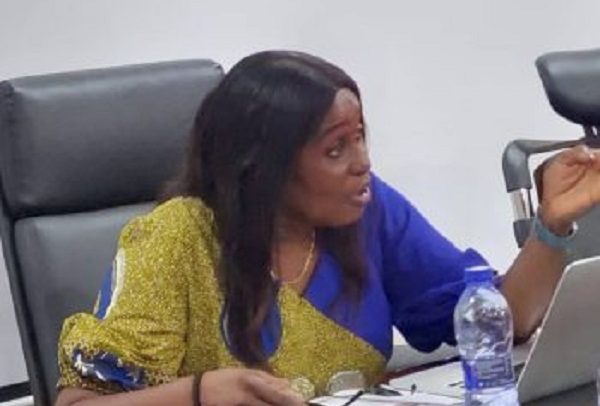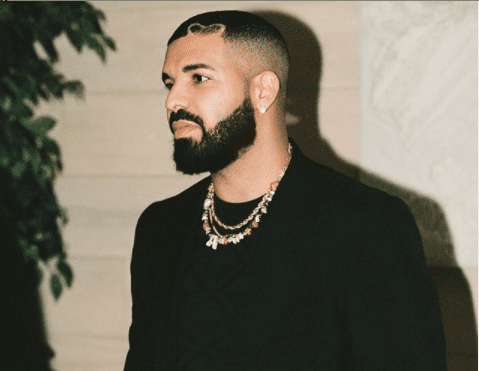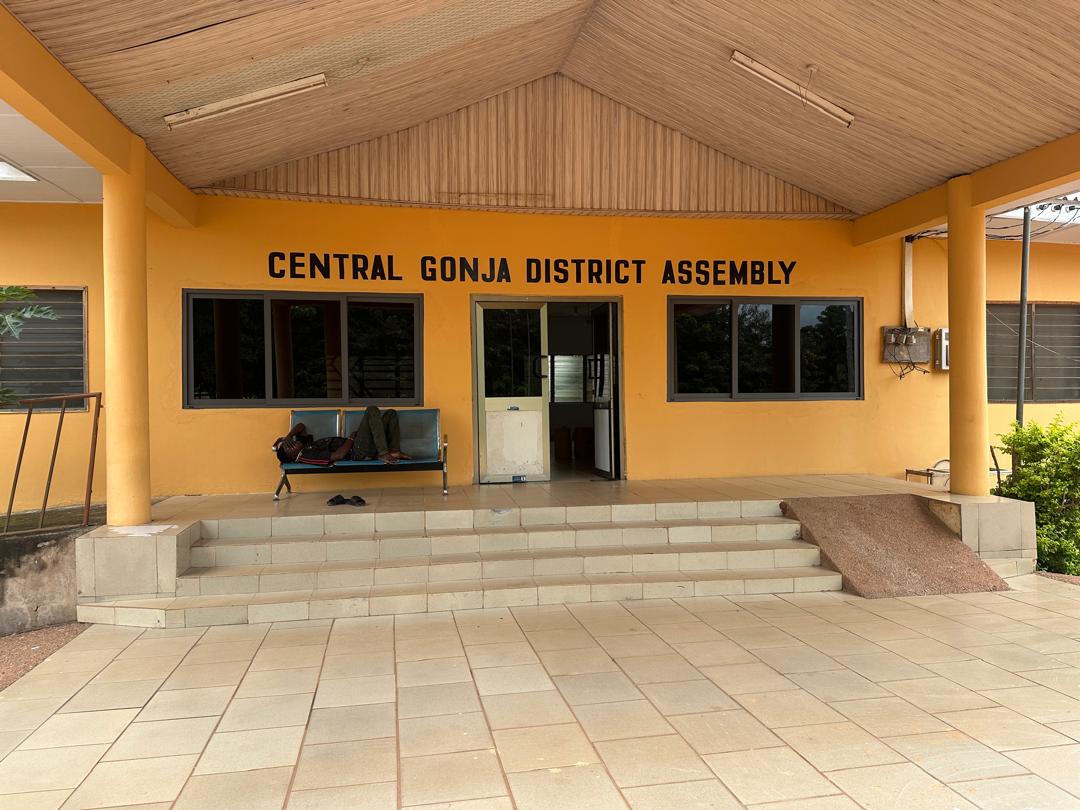
Geopolitics is seemingly influencing Russia’s approach to many issues ranging from its own approach in politics, its own economic design and cultural attitudes. But for it to lead the expected transformational multipolar arrangement, Russia has to open up and create pathways that portray cultural integration, intensify people-to-people interactions and organise more cultural activities with participation of ‘friendly countries’ desperately seeking alternatives to the United States-controlled “rules-based order”, and prefer to be guided by their own interests and those of their partners – especially this year.
Russia has taken over the Commonwealth of Independent States (CIS) and BRICS – an informal association of emerging economies – chairmanship this 2024. It is a clear and an immense distinctive opportunity to work thoroughly its backyard, rope in unreservedly BRICS and the majority of African and Asian countries that constitute the Global South. At least, a casual review of 2023 has shown a number of impressive results, reminiscent of Soviet’s slogan of international solidarity and friendship. This is but one of several successful examples. Last year, external countries started experiencing these at a scale never seen since Soviet’s collapse.
Nevertheless, Asia and African governments and their people have long recognised the importance of ending western and the United States hegemony. These countries are looking with curiosity how and to what extent China, India and Russia could lead them along the pathway toward the ‘newfoundland’, and be able to take the necessary consistent steps to attain especially economic sovereignty in this 21st century.
In order to ensure these multipolar initiatives, participating in aspects of multidimensional cultural activities and operating interactive cultural partnership could be the surest preliminary approach. Of course, Asia and Africa are not the same today as they were 30 years ago. Russia has considerably changed beyond recognition. But what are necessary at this stage of global development is frequent interaction, exchange of technological ideas as basis for promoting trade and as basis for developing skills on modern technology for the vibrant youth – this current growing generation – in order to promote technical development to change the impoverished life of the local population.
Always following these principles in foreign relations within the context of external policies are necessary as geopolitical situation is increasingly changing. Countries are in search for latest attractive opportunities to approach them with open hearts; Thereby building trust as the fundamental principle and be able to move on from culture to up-to-date business and economic directions in inter-state relationships.
The BRICS Fashion wheel held in November is one classical gathering that could be broadened to include many African and Asian countries, not necessarily being members of BRICS. It could be a new platform on collaboration between Russian and international designers. Many are, of course, ready to cooperate and promote their brands in cooperation with Russia and other BRICS members. The Fashion Week, visited by about 1.5 million people, was held in Moscow in 2022.
Thus within the framework, the designers and brands creating unique collections of clothing and accessories will be introduced to professional audience and the general public. The participants have the unique opportunity to discuss prospective directions for cooperation, support the development of entrepreneurship, the use of modern technologies and the preservation of culture in the sphere of fashion.
As clearly noted by the Deputy Mayor Natalya Sergunina, over 30 countries participated, representing the Middle East, Southeast Asia, Latin America, Africa and the CIS. “It gives an additional impetus to the development of the fashion market and helps foster cooperation with friendly regions,” and would further unite the industry’s leading professionals, clothing industry specialists, bloggers, instructors and young fashion designers from all parts of the world.
At the same time, Russia has opened up more to Africa and Asia as the inaugural cybersport 2024 Games of the Future will be hosted by the Russian city of Kazan between February 21 and March 3, while 2024 BRICS Games will take place between June 12 and 23. The 2024 BRICS Games are expected to feature about 25 different sports. Russian Sports Minister Oleg Matytsin has already emphasised that the BRICS Games are not meant to rival any other competitions and will not interfere with the international sports calendar.
It is noteworthy that these questions, as discussed earlier, should not be over-emphasised. These are basic requirements of critical importance in the creative evolutionary process of the multipolar world. Russia has to demonstrate the driving forces – the diversity in cultures, fashion, sports and education – in uniting the youth along the pathways of multi-polarism. In an ultimate conclusion, be reminded of the collective declarations on cultural and people-to-people cooperation for promoting of a more representative, fairer multi-dimensional order and reformed multilateral system.
The post Russia’s multipolar vision: Time to advance engagement of Global South appeared first on The Business & Financial Times.
Read Full Story












Facebook
Twitter
Pinterest
Instagram
Google+
YouTube
LinkedIn
RSS